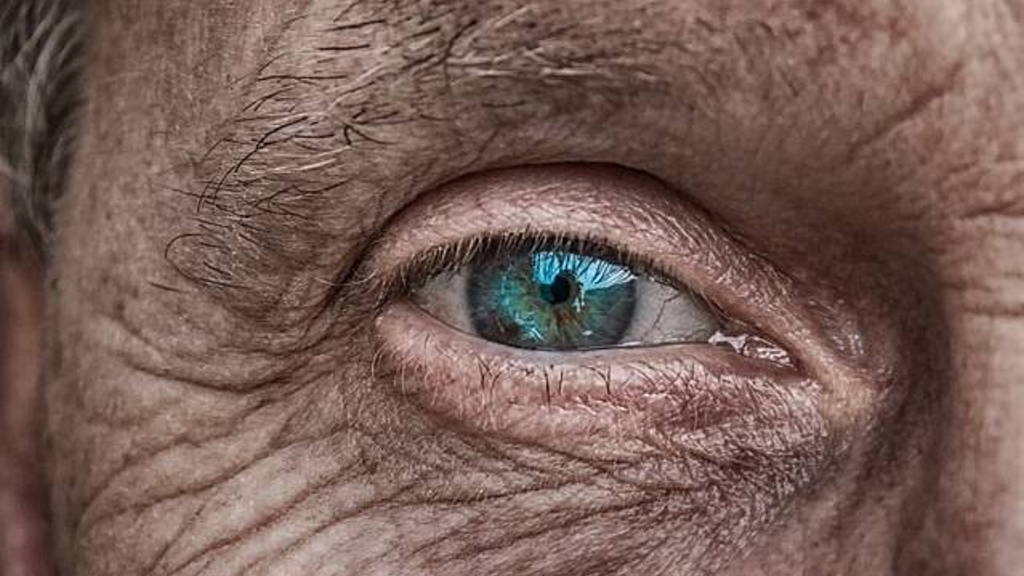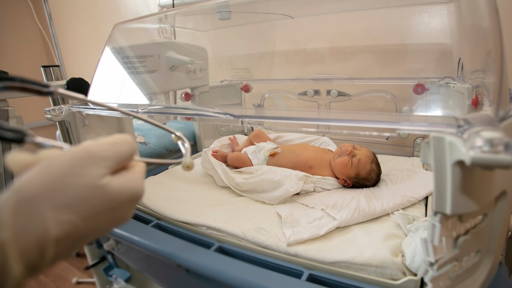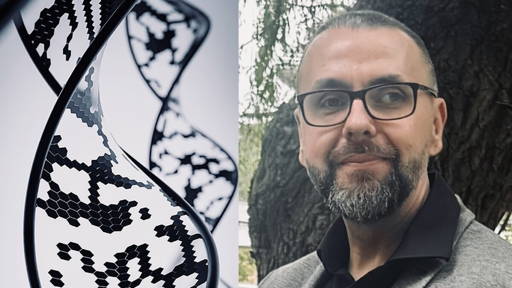A breakthrough in digital healthcare: researchers at the National University of Singapore (NUS Medicine) have developed an AI-driven biomarker that can predict the risk of cognitive decline and dementia based on a simple retinal photograph. The technology, called RetiPhenoAge, uses deep learning to measure the biological ageing of the retina and opens up new possibilities for early diagnosis and preventive interventions.
The retina provides unique access to microvascular and neuronal structures that are strongly linked to brain health. By analysing standard eye scans, RetiPhenoAge can determine the ‘biological age’ of the retina. This is a measure that correlates with ageing processes in the brain.
In the study, led by Prof. Cheng Ching-Yu (Director of the Centre for Innovation and Precision Eye Health) and Prof. Christopher Chen (Vice-Chair of the Healthy Longevity Translational Research Programme), data from more than 500 patients from memory clinics in Singapore were analysed. Individuals with an increased retinal age had a 40 per cent higher risk of cognitive decline within five years. These results were confirmed in an external validation study based on data from the UK Biobank, in which more than 33,000 participants were followed over a period of twelve years.
Digital biomarker
An important advantage of RetiPhenoAge technology is its applicability in primary care. The necessary eye scans can be performed with equipment that is already widely available in general practices and eye clinics. This makes the technology not only scalable, but also cost-effective and patient-friendly.
According to Prof. Cheng, RetiPhenoAge offers a non-invasive and accessible method for identifying individuals at increased risk at an early stage: ‘Early recognition of cognitive decline allows doctors to start interventions in a timely manner, which is crucial for maintaining cognitive function and quality of life.’
Prof. Chen emphasises the social relevance: ‘With the global increase in the number of dementia cases, there is an urgent need for predictive and widely applicable screening methods. This technology can be integrated into existing health checks, making preventive care more accessible to larger populations.’
Further research and application
The researchers are now working on further validation of RetiPhenoAge in various Asian and international populations. They are also investigating how the biomarker can be used to monitor the effectiveness of interventions, such as lifestyle changes and drug treatments. This offers prospects for personalised brain health management, supported by AI and integrated into regular healthcare.
The results of this study were recently published in Alzheimer's & Dementia









